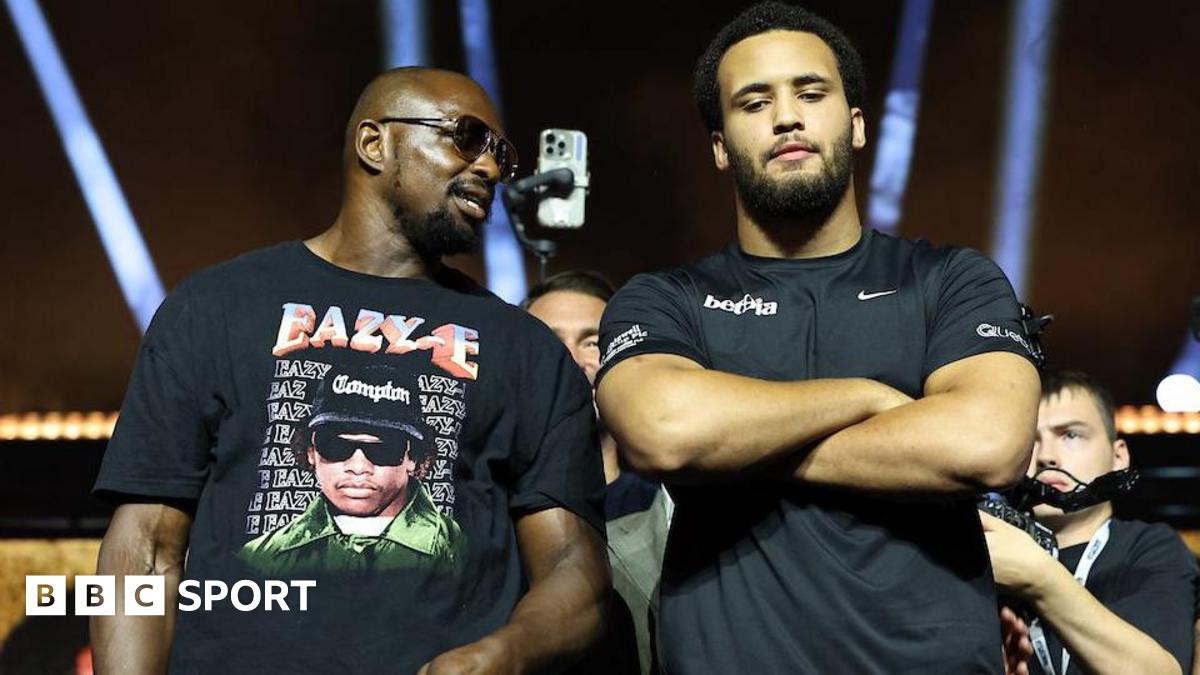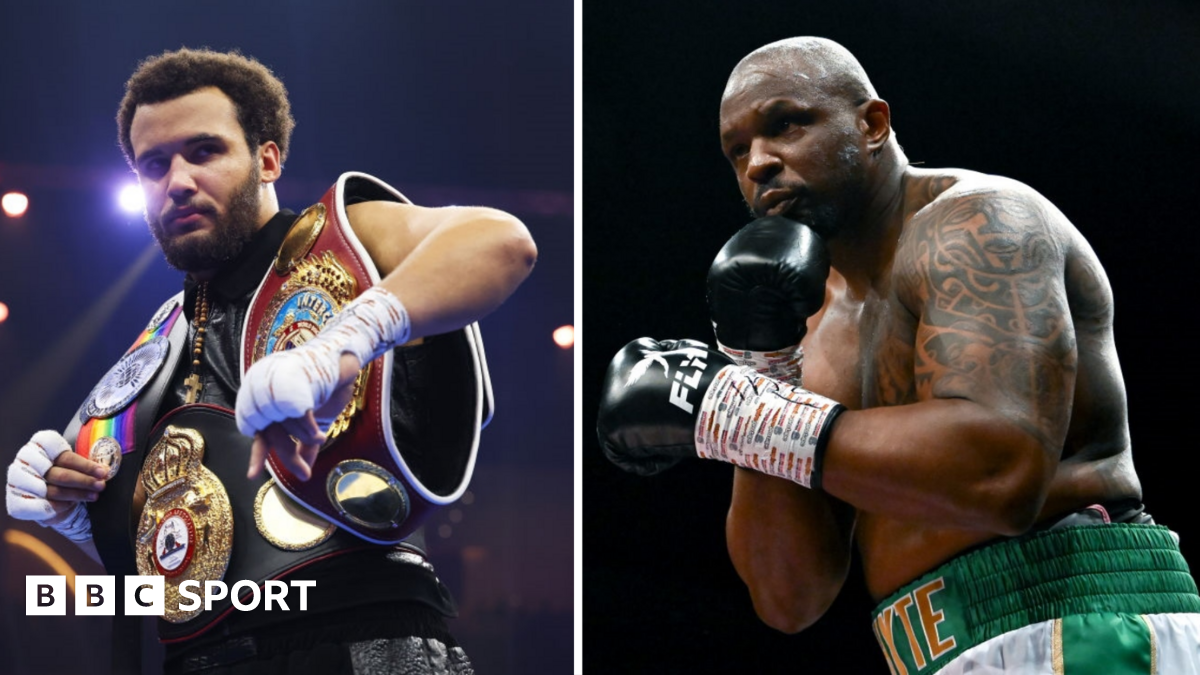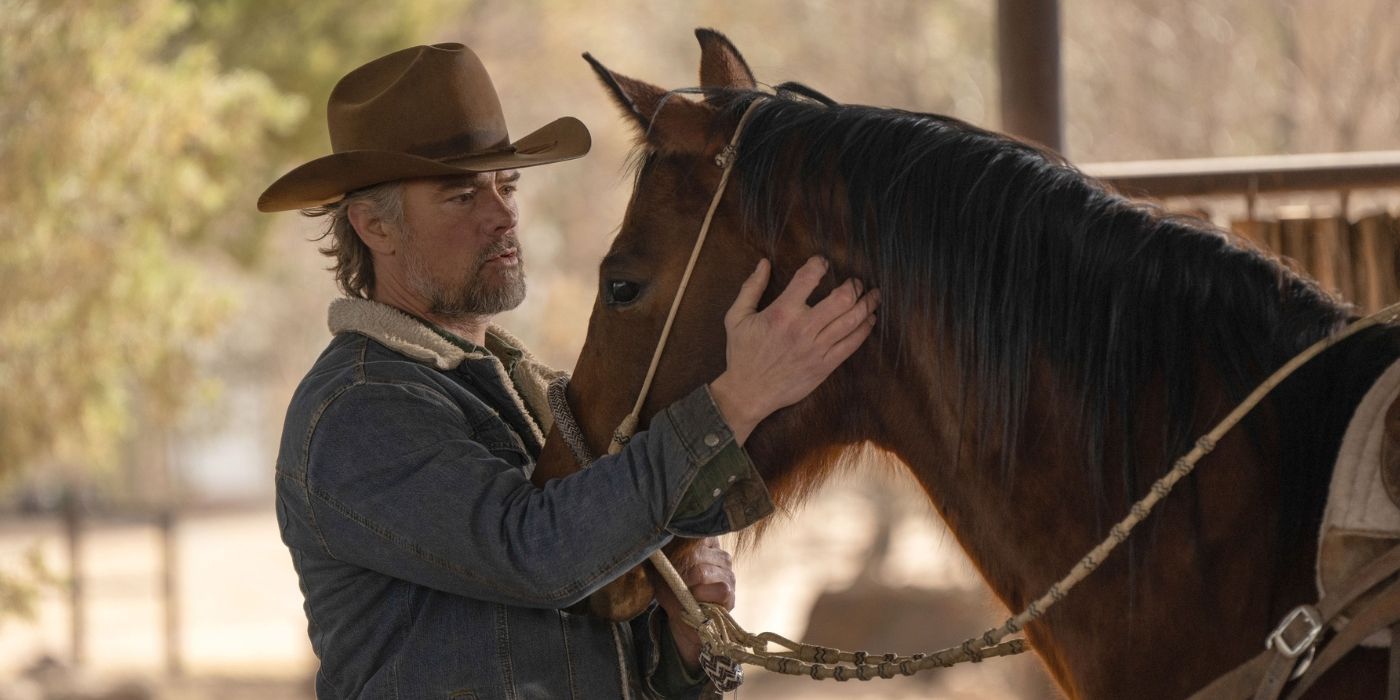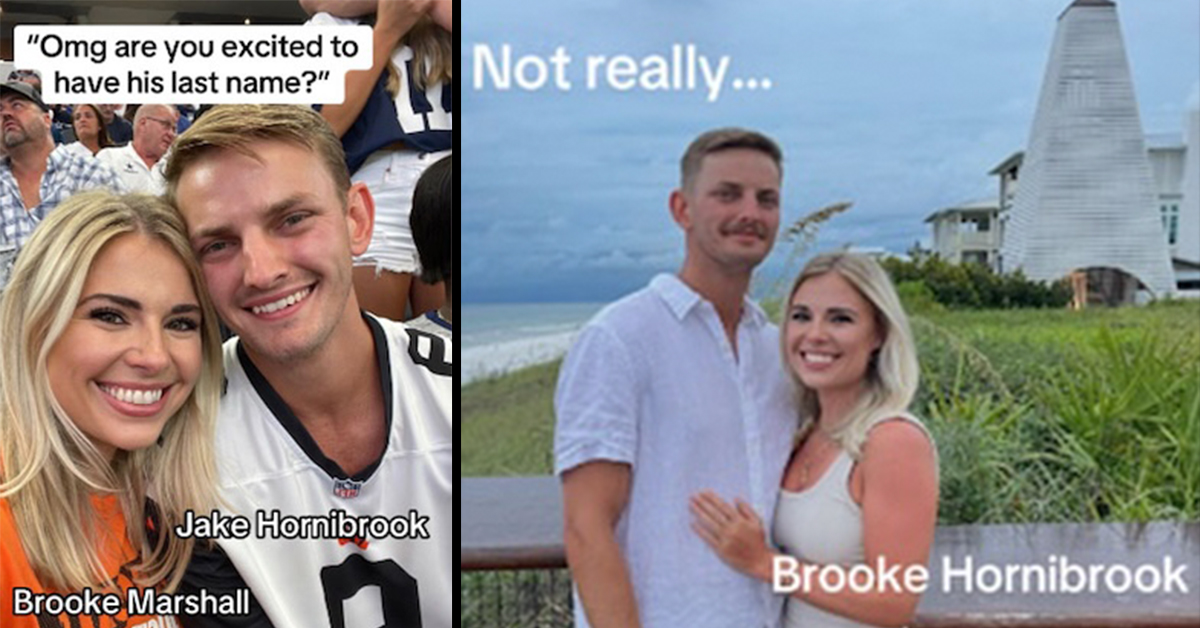Supreme Court opens door to social media age-gating in US


The Supreme Court will let Mississippi’s social media age verification law take effect while the case is being argued in court. In an unsigned ruling on Thursday, the court declined to block the law after an emergency petition from trade association NetChoice. The order offers no explanation, but in a concurring opinion, Justice Brett Kavanaugh wrote that the law was “likely unconstitutional” — but that NetChoice hadn’t“sufficiently demonstrated” a risk of harm.
The law, HB 1126, requires social media platforms to verify the age of the person creating the account, while blocking users under 18 unless they have permission from a parent. It also states that social media sites must protect underage users from “harmful material” — such as sexual content and material related to self-harm — as well as restrict data collection.
NetChoice, which is backed by tech giants like Meta, Google, Amazon, Reddit, and Discord, argues that age verification laws for general-purpose social media violate the First Amendment. Though the trade association won an injunction to block the law last year, the Fifth Circuit Court of Appeals vacated it in April, allowing the law to go into effect. As Justice Kavanaugh noted, however, numerous district courts have blocked similar laws in other states.
“To be clear, NetChoice has, in my view, demonstrated that it is likely to succeed on the merits — namely, that enforcement of the Mississippi law would likely violate its members’ First Amendment rights.”
Despite this setback, NetChoice is still confident that it will prevail. “Although we’re disappointed with the Court’s decision, Justice Kavanaugh’s concurrence makes clear that NetChoice will ultimately succeed in defending the First Amendment — not just in this case but across all NetChoice’s ID-for-Speech lawsuits,” Paul Taske, co-director of the NetChoice Litigation Center, said in a statement. “This is merely an unfortunate procedural delay.”
The decision comes as lawmakers across the US — and around the world — push age verification mandates designed to protect children from harmful content on the internet. In June, the Supreme Court upheld a Texas law that requires users to verify their ages before accessing porn sites, paving the way for similar laws to take effect — but specifically for platforms focused on adult content. Meanwhile, the UK has begun to enforce a broader online age-gating requirement that asks users to verify their age with a government ID, a face scan, or by entering credit card information on certain websites.
Jennifer Huddleston, a senior fellow at the Cato Institute, said in a statement that age verification laws have “significant impacts on privacy and speech rights of both adult and teen users.” Huddleston notes that today’s decision doesn’t mean the court “will automatically uphold this law as constitutional should it reach it through the full appeals process.”
What's Your Reaction?
 Like
0
Like
0
 Dislike
0
Dislike
0
 Love
0
Love
0
 Funny
0
Funny
0
 Angry
0
Angry
0
 Sad
0
Sad
0
 Wow
0
Wow
0



























































































